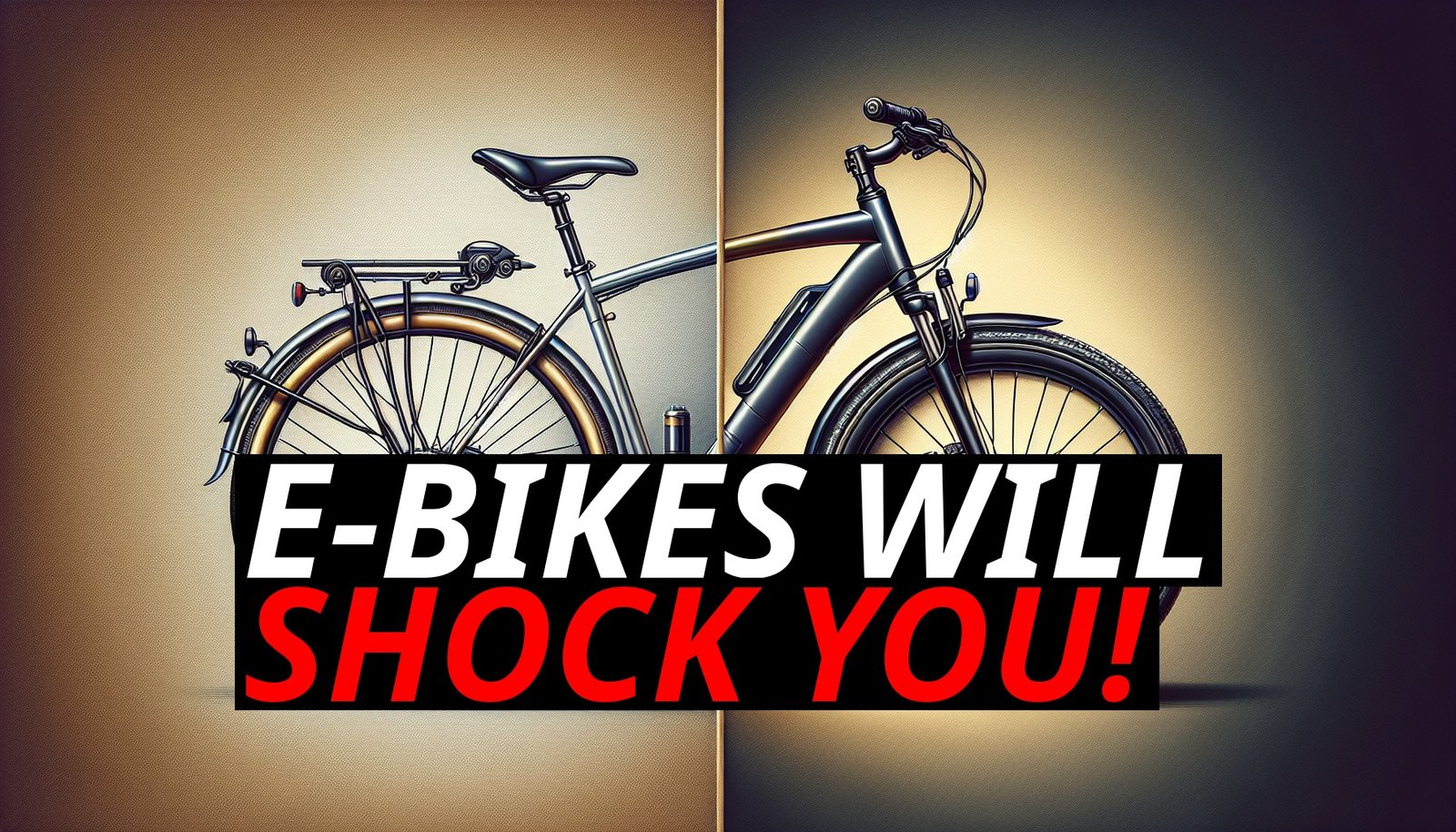Choosing Between Regular Bikes And E-Bikes For Your Commute
What if I told you that the choice between a regular bike and an e-bike could completely transform your daily commute and lifestyle? As e-bikes become increasingly popular, many people are wondering whether they should stick with traditional pedal power or switch to electric assistance. Today, we’re diving into the benefits and drawbacks of regular bikes and e-bikes to help you decide which is best for you. Get ready to uncover the surprising truths about these two popular modes of transportation.
Benefits Of Regular Bikes
Regular bikes have been around for centuries, providing a reliable, cost-effective, and health-boosting way to get around. Here are some key advantages:
– Simplicity and Low Maintenance: Without batteries or motors, regular bikes have fewer components that can fail, making them more durable and easier to maintain. This simplicity translates to lower long-term costs, as you won’t need to replace expensive batteries or deal with complex electronic repairs.
– Safety: Unlike e-bikes, which rely on lithium-ion batteries, regular bikes don’t carry the risk of battery fires or explosions. This makes them a safer option for riders, especially those who store their bikes indoors or in confined spaces. Additionally, regular bikes are typically lighter than e-bikes, making them easier to handle and maneuver, particularly in crowded urban areas.
– Health Benefits: Pedaling provides an excellent cardiovascular workout, builds muscle strength, and improves mental well-being. While e-bikes can still offer some physical activity, the electric assistance reduces the overall effort required, potentially limiting the health benefits. For those looking to incorporate more exercise into their daily routine, regular bikes are an excellent choice.
Benefits Of E-Bikes
E-bikes bring a range of advantages that cater to different needs and preferences:
– Ease of Riding: One of the most appealing aspects of e-bikes is the ease of riding, especially over long distances or challenging terrains. The electric motor provides a boost that can make commuting more accessible for people of varying fitness levels, ages, and physical abilities. This can be particularly beneficial for those who face long commutes or hilly routes that would be daunting on a regular bike.
– Increased Speed: The electric assistance allows riders to travel faster than they would on a regular bike, which can significantly cut down commute times. This makes e-bikes an attractive option for busy professionals or anyone looking to save time on their daily travels.
Drawbacks Of E-Bikes
However, e-bikes come with their own set of drawbacks:
– Battery Risks: The reliance on lithium-ion batteries poses fire risks if damaged or improperly charged. This adds a layer of complexity and potential danger that regular bikes simply don’t have.
– Weight: E-bikes are generally heavier due to the battery and motor, making them more cumbersome to carry and store.
– Cost: The initial purchase price of an e-bike is significantly higher than that of a regular bike. Moreover, the batteries have a limited lifespan and will eventually need to be replaced, adding to the long-term costs. Maintenance for e-bikes can also be more expensive, as specialized knowledge and parts are often required.
Sustainability And Accessibility
Despite these challenges, e-bikes offer a sustainable transportation option that can help reduce car dependency and lower overall carbon emissions. They provide a practical solution for those who need a little extra help on their rides, making biking more inclusive and accessible.
Conclusion
Both regular bikes and e-bikes have their unique benefits and drawbacks. Regular bikes offer simplicity, reliability, safety, and significant health benefits, making them an excellent choice for those who value a straightforward and effective way to stay fit and commute. E-bikes, on the other hand, provide ease of riding, increased speed, and accessibility for a broader range of people, albeit with higher costs and some safety concerns.
What do you think is the better choice for your lifestyle: a regular bike or an e-bike? Share your thoughts and experiences in the comments below. If you found this article insightful, don’t forget to share it with your friends and family. Let’s spread the word about the benefits and drawbacks of regular bikes and e-bikes to help everyone make the best choice for their needs.













